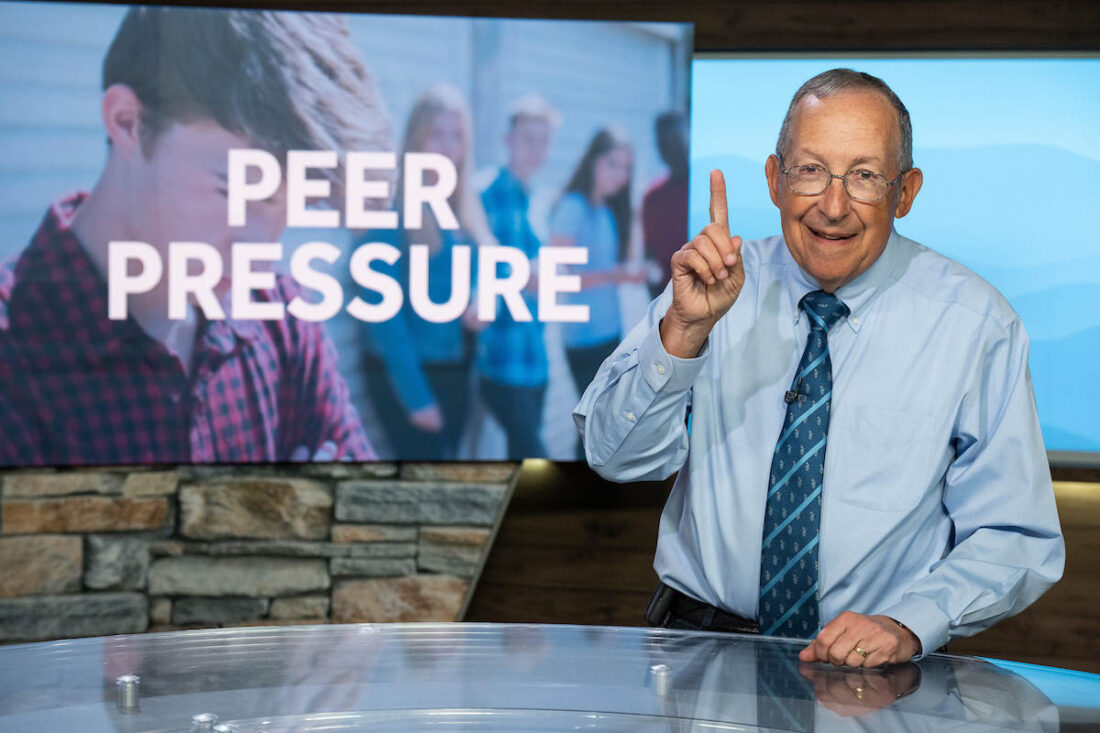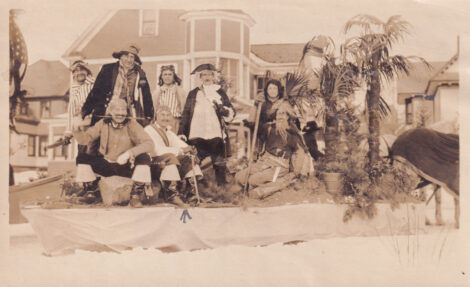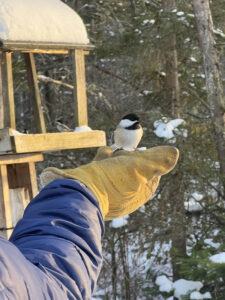Tips to handle peer pressure

(Provided photo)
Parents have been pressuring me to give them some tips to help their children deal with peer pressure.
Let me see if I can decompress some of their concerns and provide some information on this topic.
–
Effects of peer pressure
–
Peer pressure can have both positive and negative effects on your child.
If a peer of your child’s teaches your child how to play a sport better or learn to be better at a subject in school that they are having difficulty with, then that is a positive benefit of having peers.
Sometimes, however, peers can have a negative influence and despite this, children will go along with that influence to be liked, fit in, or to prevent being made fun of.
What can you do to help your child deal with negative peer pressure?
Talk openly with your children about how to handle peer pressure and continue to do so as they get older.
¯ Tell your child to listen to their gut. If they feel uncomfortable even if their friends are ok with what’s going on, then they shouldn’t go further into that situation.
¯ Give them some strategies to say no to peers such as telling them to try changing the subject or the plan (saying, “let’s go play basketball” instead of doing something that your child knows is wrong), or telling them to blame you as parents by saying, “I’ll be grounded for life if I do that.”
¯ You can also tell your child to simply say they are in training if they play a sport and are being peer-pressured to try smoking, drinking, or other risk-taking drugs.
¯ If they’re told everybody does it, teach them to say, “I don’t care – I’m not everybody and therefore I won’t do it.”
¯ A great idea is to arrange a rescue code phrase that they can use in a phone conversation with you such as, “I’m not feeling well,” to indicate the need for you to pick them up and get them out of a difficult peer pressure situation.
¯ Another idea is for your child to find a friend who believes in standing up to peer pressure as well — since two can be easier than one in resisting.
¯ Finally, if the situation proposed by peers is considered dangerous by your child and/or teen, remind them to seek adult help before anyone gets hurt.
Hopefully you’ll not feel pressured and yet still pay attention to these tips, so your child or teen is not pressured either when it comes to dealing with peer pressure.
——
Lewis First, MD, is Chief of Pediatrics at The University of Vermont Children’s Hospital and Chair of the Department of Pediatrics at the University of Vermont’s Larner College of Medicine. You can also catch “First with Kids” weekly on WOKO 98.9FM and NBC5.




